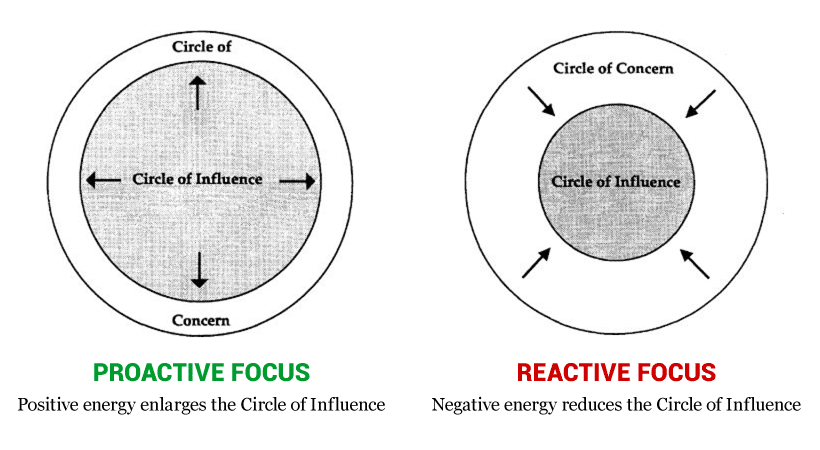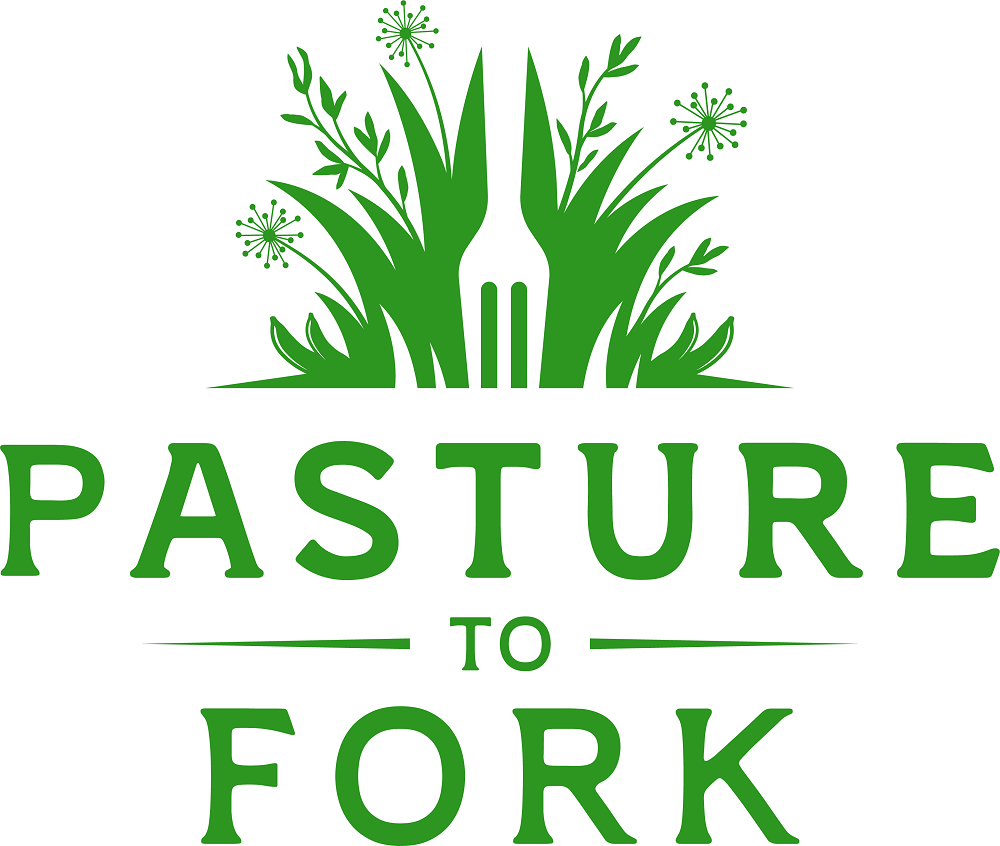Courage in a Time of Fear
posted on
March 19, 2020
A time of uncertainty such as the one we’re in always brings out the best and worst of one’s true character, as well as what we prioritize. Many of us know nothing but a life of relative ease. True, we all have our challenges, but we know little of genuine hunger, abject poverty, or ongoing inadequacy of basic needs. This is, I feel, the reason why society responds in panic to the uncertainty we find ourselves in—because we have little experience to compare this unknown phenomenon to.
The typical human response to our situation—and perhaps we’re steeped in this direction—is desire to place blame or point fingers. However, while there may or may not be individuals who are liable in this, the action in itself is futile because it doesn’t change the position we’re in and placing blame usually leads to a victim mentality—or perhaps stems from it. Considering yourself a victim promotes both fear and hopelessness, which in turn causes the human brain to introvert. The result is unsound, uninformed decision making (such as unrestrained hoarding of toilet paper).
In his timeless bestseller, The 7 Habits of Highly Effective People, Stephen Covey presents the benefit of proactivity. He defines proactivity as more than merely taking initiative. It means that as human beings, we are responsible for our own lives. Our behavior is a function of our decisions, not our conditions. Feelings are secondary to values. I almost wish I could impart all he has to say in his chapter; The 1st Habit; Be Proactive, because there’s so much that’s applicable to the current state of affairs.
He also writes about our circle of influence as compared to our circle of concern. Given the current shutdown and viral threat, we’re all concerned about how it will affect our lives, families, and businesses. However, if we focus on our circle of concern, it grows while our circle of influence shrinks, and vice versa. He depicts it like this;

As we look at the concerns in our lives, it becomes apparent that there are some things over which we have no real control and others that we can do something about. We could identify the concerns in the latter group as being within our circle of influence.
Proactive people focus their efforts in the Circle of Influence. They work on the things they can do something about. The nature of their energy is positive, enlarging and magnifying, causing their Circle of Influence to increase.
Reactive people, on the other hand, focus their efforts in the Circle of Concern. They focus on the weakness of other people, the problems in the environment, and circumstances over which they have no control. Their focus results in blaming and accusing attitudes, reactive language, and increased feelings of victimization. The negative energy generated by that focus, combined with neglect in areas they could do something about, causes their Circle of Influence to shrink. As long as we’re working in our circle of concern, we empower the things in it to control us. We aren’t taking the proactive initiative necessary to effect positive change.
Right now many of us are being forced to rethink and reevaluate the level of normalcy we were accustomed to, and the question begs as to what you and I can do to effect hope and positive change amid the fear and frenzy. To that extent I suggest.
- Take the chaos propagated by the mainstream media—as well as social media, with a grain of salt, and seek wisdom and common sense. There’s a lot of opinion passing and spreading of conspiracy theories—none of which we know whether they are true or not. Remain realistic but avoid negativity.
- If you haven’t done so already, prepare an emergency fund large enough to provide for several months of no income. Honestly, I speak to myself on this subject, and realize it’s not an easy thing. But prepping for crisis should come as naturally as night following day, and that the average American can’t even handle a 2-week bobble in pay shows our luxurious free-for-all living in recent decades. We’re the 3rd and 4th generations to live in prosperous times, and it has conditioned us into an easy-come-easy-go mentality.
- Put real effort into strengthening personal immunity, which is perhaps your greatest weapon against illness. It’s far more important than social distancing, hand sanitizing, or wearing a mask. Taking charge of your personal immunity program should be front and center. That means not doing the things that compromise it, and doing the things that enhance it. This includes avoiding stress (forgiving, avoiding vengeance and hate– including political); getting enough sleep (everyone should be in bed by 10 p.m.); a good diet—avoid junk food; eat plenty of meat and poultry and eggs from a trustworthy source (sorry, I couldn’t resist); exercise; stay hydrated.
- Build a domestic larder, which allows you to eat better, cheaper, and more efficiently. Laying by is what all of our grandparents did; it was just part of the culture. Now we expect Costco to do it for us, only to be disappointed when their stock quickly runs out in a period of uncertainty. If this whole pandemic does nothing more than re-institute the value of the in-home larder and make us have more consideration for our buying habits, it will be well worth it.
- If you’re off work or working limited hours, invest in personal development. Learn how to cook or preserve food so you can eat healthier while spending less. If you have children, educate yourself on the subjects of homeschooling, childhood vaccination, herbal medicine, and home births, which will allow you to make informed choices now and, in the future, as well as foster resilience in yourself and your family. Read books on personal growth such as 7 Habits by Stephen Covey and Good to Great by Jim Collins. Take your children for a walk in a natural area. Watch the sunrise or sunset and appreciate the unchanging aspects of nature. Essentially, limit your screen time and news exposure, and do something positive with your hands and mind. It will do wonders to minimize worry and stress tied to our uncertain circumstances.
- Last but not least, invest in the timeless qualities of faith, hope, and love. “And the Lord, he it is that doth go before thee; he will be with thee, he will not fail thee, neither forsake thee: fear not, neither be dismayed.” ~Deuteronomy 31:8. Even now, we have so much to be grateful for, and a lot to hope for. We have family members to love, and a God who cares for us and our situation.
Above all, let’s remember that regardless of the circumstances around us, no one owns our thoughts or mental capacity without our consent. If we allow ourselves to be consumed by the fear and hysteria that seemingly prevails because of a mere virus, we permit outside influences to direct us. As Mark Twain said, “Courage is resistance to fear, mastery of fear, not absence of fear.” Until next time, this is The View from the Country.
Quotes Worth Re-Quoting –
“I learned that courage was not the absence of fear, but the triumph over it. The brave man is not he who does not feel afraid, but he who conquers that fear.” ~ Nelson Mandela
“Courage is the greatest of all virtues, because if you haven’t courage, you may not have an opportunity to use any of the others.” ~ Samuel Johnson



